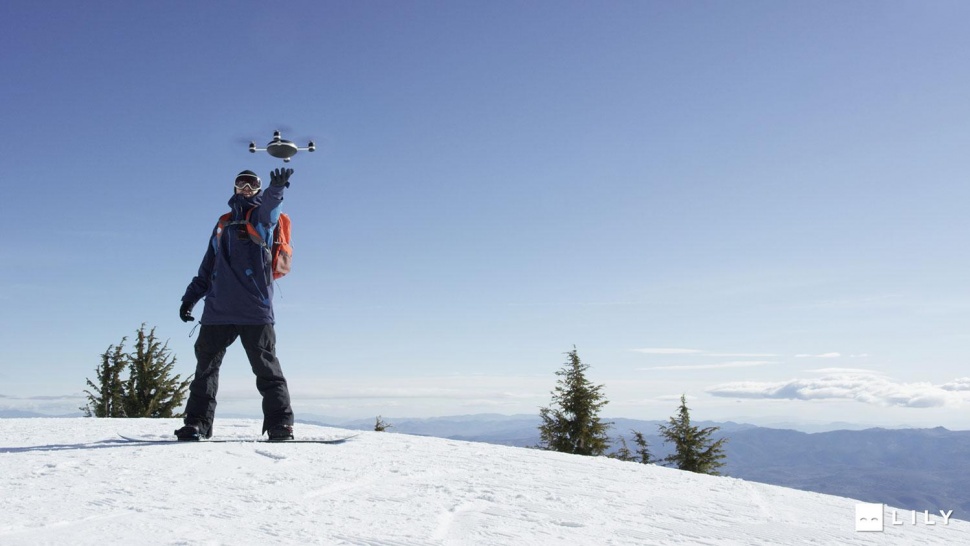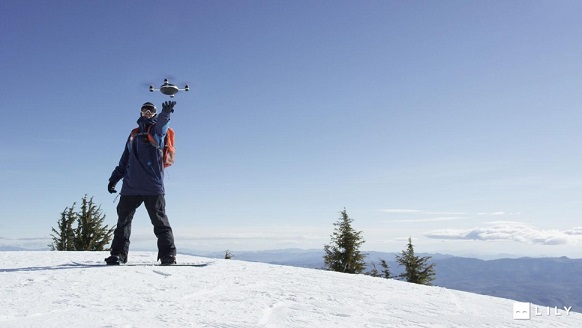Lily Robotics: The Camera Grows Up

The selfie generation has found its mascot in a remote-controlled flying camera named Lily. Developed by Lily Robotics, Inc. with Henry Bradlow at the helm as Chief Technology Officer, Lily is a robotic camera capable of flying, following the subjects as they move, and documenting the action in stills or video format.

Lily is the world’s first autonomous, smart flying camera.
Photo Credit: DigitalTrends.com
How Lily Works
Lily is a camera developed in the realm of the GoPro, but with a key difference—Lily is a completely hands-free operation. The user carries a pocket sized tracking device. Lily can maintain a distance as close as five feet or as far as 100 feet and retain the capability to track movement, take stills, or record video. Onboard features include an enhanced camera with image stabilization to aid in tracking users, ensuring appropriate focus and framing.
The device is ready for action right out of the box. It does not require special procedures to set up or a bulky controller. Throw it up and let it go, and Lily will fly and stabilize itself in mid-air where it hangs awaiting further instruction. If the user is off and moving, Lily will also be flying and recording.
Tech Specs
The camera has similar capabilities to the GoPro Hero 3. It is capable of shooting high definition video at 1090p for up to 120 frames. A special onboard feature can even trigger slow-mo as the action intensifies, capturing the excitement in thrilling detail. For still photos, the camera is capable of shooting 12-megapixel images with a 360-degree panoramic view. The data can be streamed directly to your mobile device across a variety of platforms for real-time review, guaranteeing certainty that the perfect shot has been achieved.
Lily weighs just 2.8 pounds and can travel as fast as 25 miles per hour. With a maximum range of 100 feet from the user, a sleek waterproof casing, and battery life estimated at 20 minutes of use for every charge cycle, Lily is the perfect companion for any outdoor adventure. The body of this robotic camera is made of black polycarbonate with some elements rendered in brushed aluminum, keeping it lightweight for easy portability.
The Prospects for Robotic Cameras
In our image-focused society the camera will never go out of style, but technology will change the ways that these devices are implemented. Bradlow, the CTO of Lily, expects that the next version of Lily will account for these changing demographics. This robotic drone camera may become smaller, handier, and more feature-packed in the next versions.
The Lily is currently available for preorder at a discounted price, inviting adventurous users to be among the first to experience this advancement in image capture technology. Once Lily becomes available for immediate purchase the price will increase, but the firm expects more affordable pricing down the road to allow wider access to the vast potential offered by Lily’s versatility and ease of use.
